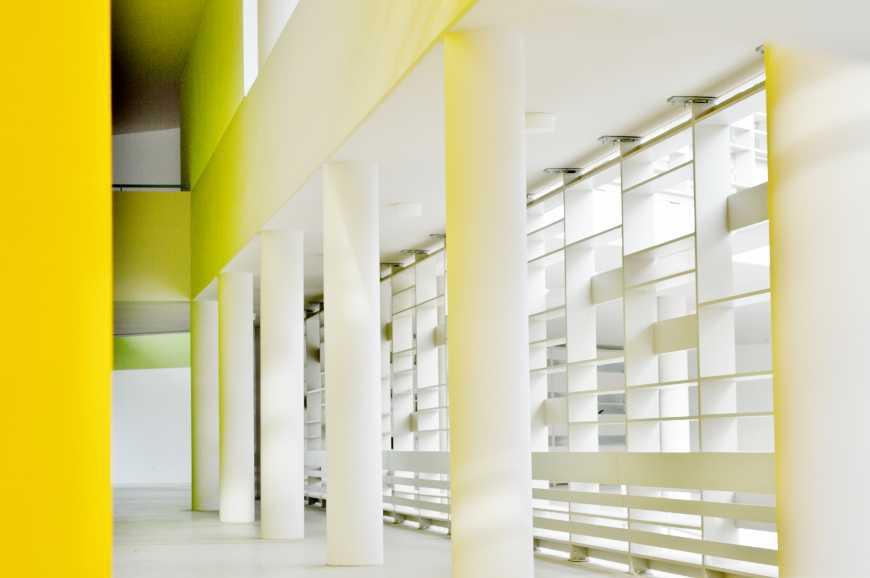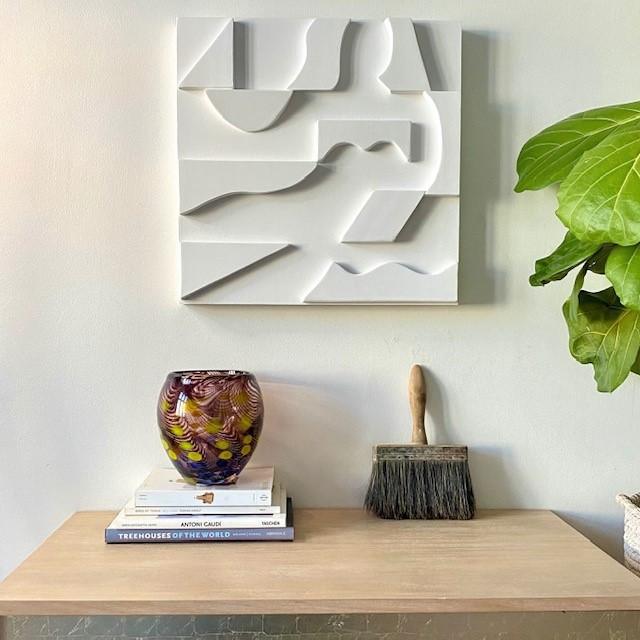Minimalism sells itself as a cure for modern malaise: a sleek, serene answer to the chaos of consumer culture. On Instagram, white-walled apartments with a single ceramic mug are framed as freedom. In books, minimalist gurus promise that throwing out half your closet will clear your mind, your calendar, and your soul. But beneath its polished veneer, lifestyle minimalism often carries contradictions that undermine its own philosophy. The pursuit of “less” can, paradoxically, become just another form of “more”—more rules, more self-policing, more social performance.
One of minimalism’s biggest deceptions is that it claims to free you from consumerism while quietly selling you a new set of products. The aesthetic of minimalism—clean lines, muted tones, natural materials—doesn’t just happen; it’s curated, often at a premium. People are encouraged to replace their perfectly functional furniture with lighter wood, their patterned dishes with plain ones, their wardrobes with monochrome basics from sustainable brands. Instead of “stop buying,” the message morphs into “buy different.” It’s consumption dressed in linen.
Minimalism also peddles the illusion that possessions are the root of unhappiness. The promise is simple: declutter and you’ll feel lighter, calmer, happier. While editing your belongings can have therapeutic benefits, it sidesteps the reality that stress, anxiety, and dissatisfaction often stem from systemic issues—work burnout, financial precarity, or lack of social support—not from the number of coffee mugs in your cupboard. Lifestyle minimalism risks becoming a distraction, making you feel like personal discipline is the fix for problems that are, in truth, structural.
Nicosiaphotoinform, Dasoupoli minimal architecture High school under construction Nicosia Republic of Cyprus January 2015 3, CC BY-SA 4.0
The movement further glamorizes a privilege it rarely acknowledges. For someone living paycheck to paycheck, “owning less” is not a chic choice but a fact of life. Those who can embrace minimalism often already have enough resources to replace what they discard, to move into airy apartments with storage space elsewhere, or to outsource needs to services rather than physical items. In this way, minimalism’s ideal becomes accessible only to those with the means to make it look effortless—another aspirational aesthetic disguised as a universal solution.
There’s also a psychological sleight of hand in how minimalism reframes control. The movement tells you that you’ll be freer if you own fewer things, but the constant vigilance over what enters your home, the self-imposed guilt for every new purchase, can become its own kind of mental clutter. Instead of liberating people from consumer culture, it sometimes traps them in an endless cycle of self-critique, as though their moral worth were measured by how small their belongings list is.
Social media amplifies the pressure. Minimalism, at its core, could be a quiet, personal practice. But online, it’s staged for likes, becoming a competition for who can strip life down to the most photogenic essentials. The irony is that the minimalist lifestyle thrives on visual proof—images of the curated emptiness—which requires a certain kind of consumption to maintain. It’s minimalism as performance art, where the audience is invited to applaud the restraint while ignoring the labor and spending behind the scene.
Even the narrative of “decluttering as liberation” can be misleading when it assumes that every object is a burden. In reality, possessions can anchor memory, identity, and belonging. A grandmother’s quilt, a dog-eared book, a shelf of postcards—these things may not be minimalist, but they hold value beyond their material presence. By treating sentiment as clutter, minimalism risks stripping away the layers of meaning that make a home feel alive.
Perhaps the greatest lie of lifestyle minimalism is its insistence that happiness can be engineered through subtraction alone. A life of meaning is rarely about the quantity of things—it’s about the quality of relationships, the sense of purpose, the freedom to make choices without fear. Owning less can be part of that, but it’s not a universal prescription. When minimalism is sold as a lifestyle package, it stops being a philosophy and becomes just another product—this time, neatly folded and sitting on an empty shelf.


